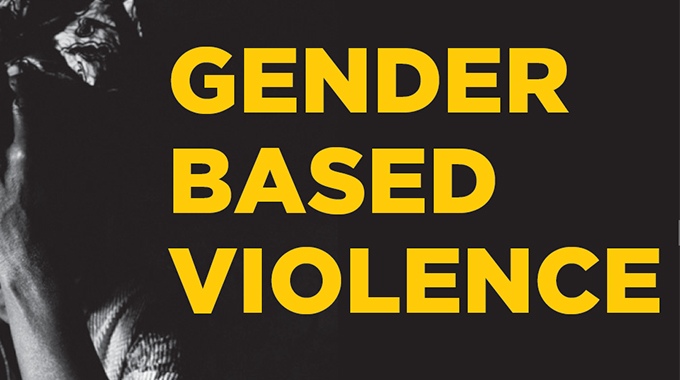‘GBV fight should factor in new forms of violence

Fatima Bulla-Musakwa in MUTARE
Multi-stakeholders drafting a revised strategic document on preventing and responding to gender-based violence have been urged by the SADC Secretariat to align the strategy with regional instruments and be aware of the new forms of violence emanating across the country.
This follows the alarming rise in cases of gender-based violence reported in Zimbabwe and the region, with new forms such as cyber-crimes, online violence and sexual harassment being seen.
Worryingly, despite the many commitments and legal frameworks made by member States, gender-based violence remains across the region.
Studies show that the effects of violence against women exceeds that of traffic accidents and malaria combined.
As a result, participants from Government ministries and departments, independent commissions, United Nations agencies and civil society organisations who attended a three-day workshop, were implored to come up with a strategic document relevant to obtaining dynamics around gender-based violence.
The regional body highlighted the SADC regional strategy and framework of action for addressing gender-based violence. whose lifespan stretches from 2018-2030, as the blue print in fighting this form of violence.
The blueprint focuses on five thematic areas: prevention of GBV; protection, care and support services; capacity development; information knowledge management including best practices; and innovation.
Coordination, networking and partnerships are a key point in the strategy.
Ms Jacinta Hofnie, the SADC Secretariat’s programmes officer for human security, said: “It’s important that we think about these new forms of GBV when we are developing a new study and as mentioned earlier there is need to move from policy to action at all levels.
“Let’s develop the revised strategy but let’s move forward with it, to actually implement the strategy. Let’s align our national instruments with the regional strategies.
“You are actually fortunate to be revising your strategy now and you have all of these different tools so please use them as reference material as you develop your new strategy so that it’s in alignment with what we have at the regional level.”
The lifespan of the existing strategy, which guided interventions on gender-based violence, lapsed in 2015. Since then, Zimbabwe has been using the Zero Tolerance 365 National Programme on GBV Prevention and Response as a guide for implementing programmes.
A number of regional countries have had their national strategy lifespans lapsed, with six countries having developed new ones already. As countries revise or come up with new strategies, SADC is zooming in on three key issues: participation of women and women’s representation in governance; peace and security structures; and protection of women and children.
Women Affairs, Community, Small and Medium Enterprises Ministry’s director for gender, Mr Stephen Nyaruwata, said the process to come up with a final strategy relevant to tackle gender-based violence would continue with engagements in communities across the provinces.
“It’s also very important that we are drawing our attention to various stakeholders to the commitment His Excellency President Mnangagwa demonstrated in signing the High Level Political Compact on ending GBV and harmful practices last year,” he said.
Research reveals that the cost of gender-based violence to national governments is manifested in higher health care expenditures, demands on courts, police, and schools and losses in educational achievements as well as losses in worker earnings and productivity.









Comments